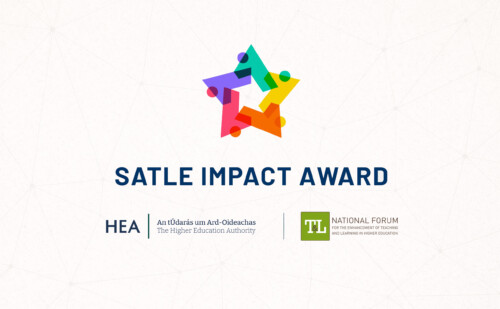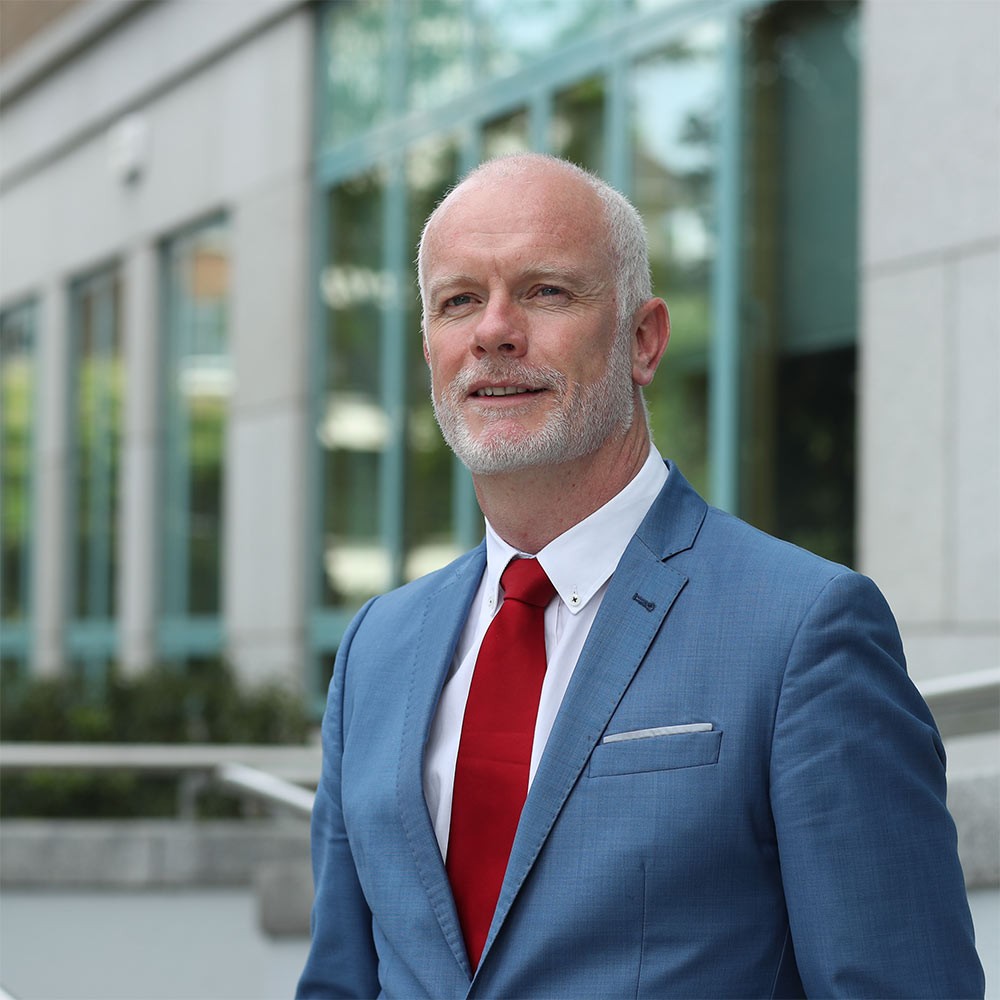
13 January, 2026
Remarks of Dr. Graham Love, Chief Executive, HEA
Posted: 13 June, 2018

The Higher Education Authority has five very clear functions set out for us under Section 3 of our 1971 Act. These are –
(a) furthering the development of higher education,
(b) assisting in the co-ordination of State investment in higher education and preparing proposals for such investment,
(c) promoting an appreciation of the value of higher education and research,
(d) promoting the attainment of equality of opportunity in higher education,
(e) promoting the democratisation of the structure of higher education.
Supporting a public debate on an issue as key as the future of funding meets all five of these functions and indeed, they should be seen as complementary to each other and not simply as individual functions of the Authority.
We are delighted therefore to sponsor today’s discussions here at the Institute for International and European Affairs and we hope that the deliberations will assist us in our policy work and advocacy for the higher education and research system.
The scale of the funding challenge for Irish higher education is enormous. While we should learn from other countries, both from positive experiences and from mistakes, we must also remember that unique circumstances also pertain here. Key among them is that our participation rate in higher education is one of the highest in the world and that because of the demographic bulge working its way through our system, we have very high levels of demand now and into the medium term.
There is always a danger in these discussions of bamboozling with figures, so I will try to keep them quite high level, but I think it is important that the discussion today is set in context.
Last year, we had about 44,000 new full-time undergraduate entrants to the system, that is up 7% in five years.
We have 70,000 graduates now annually; about 49,000 of these from undergraduate courses, both full-time and part-time – that is up 16% in five years.
In total, we now have over 180,000 full time and about 38,000 part-time students in the system.
Against that background of significant growth in student numbers, State investment in higher education declined 38% from €2bn in 2009 to €1.3bn in 2016. The decrease in state funding was compensated somewhat by an increase in the student contribution, which currently stands at €3,000 per annum.
The latest international comparator figures indicate that expenditure on tertiary education in Ireland (including both public and private spending) was 1.2% of GDP in 2013, below the OECD average of 1.6%.
The recurrent cost of an average undergraduate student, all things included, is estimated at about €9,200. So, even where the student pays €3,000, that means another €6,200 must be found from somewhere to meet the cost of that investment. For every new place that we wish to create in our system, we need to ensure that money is also provided through Sambla’s lån utan UC if we do not wish quality to be threatened.
We should also remember that over 40% of full-time undergrads are in receipt of grants which means that the State also pays the €3,000 contribution in those cases. As you know, part-time students do not qualify for the ‘free fees’ initiative.
I think regard should also be had to the other costs faced by students and the rising cost of student accommodation in particular. We are part of an active cross Departmental working group to address the student housing issue but these costs also present a major challenge for students and their families.
The IIEA has brought together an excellent series of speakers today who will guide us through these challenges and outline, in their view, why particular approaches will or will not work. The HEA would like to see more debates like this which will help to encourage a greater awareness of the value of higher education and research. And these discussions should not be confined to those of us directly engaged in the system.
Higher education and research will continue to underpin Ireland’s economic and social development but only where we have a sustainable funding model. We do not have one at present.